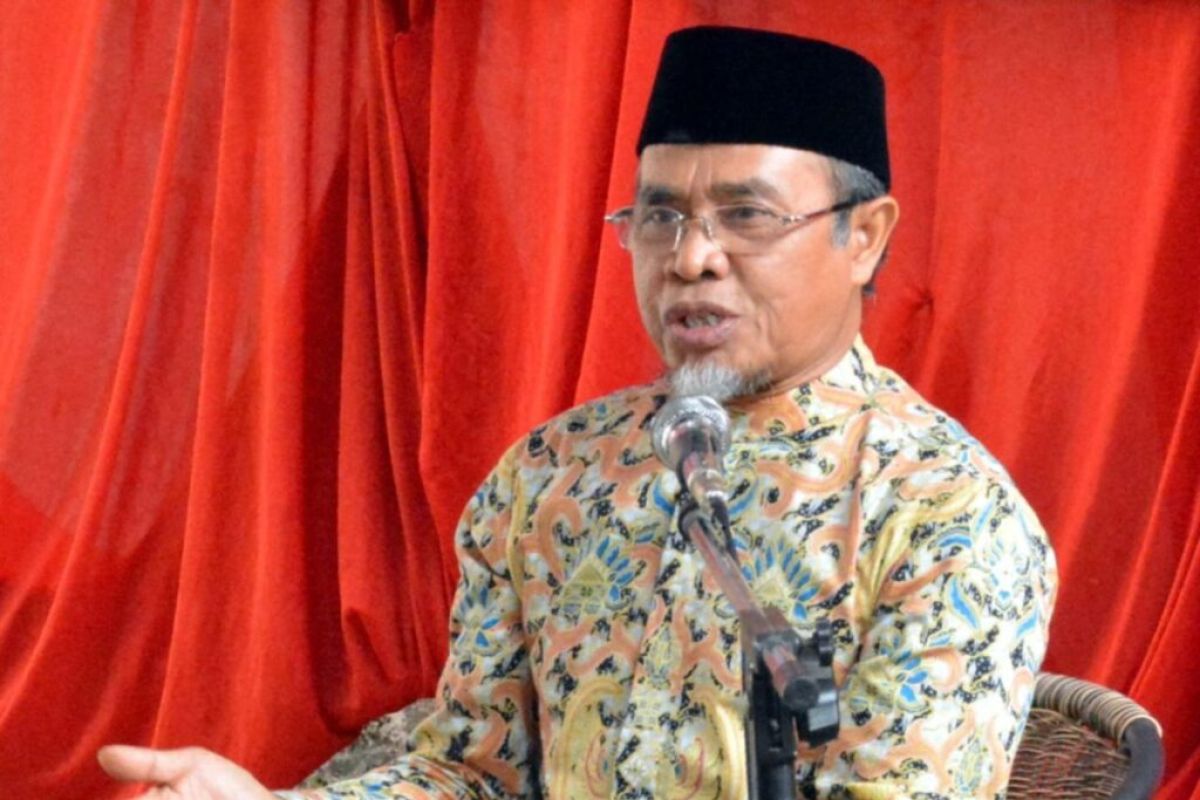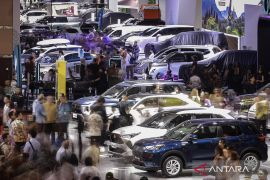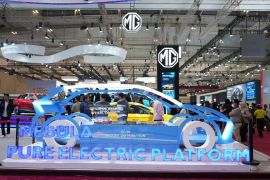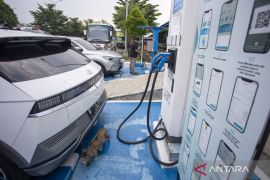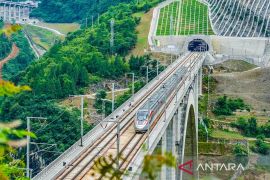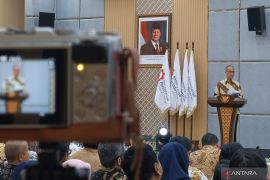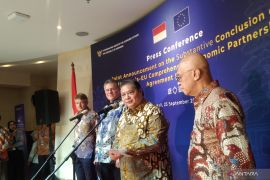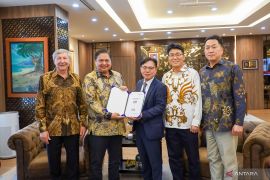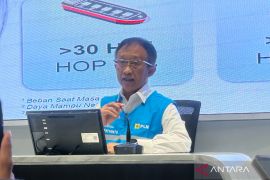The government must also expand the construction of SPKLUs. In order to accelerate the construction of 10 thousand SPKLUs in Indonesia for the next 10 years, it is necessary to issue supporting regulationsJakarta (ANTARA) - Indonesia should expand development of Public Electric Vehicle Charging Stations (SPKLUs) to encourage innovations in developing electricity-based transportation infrastructure in Indonesia, according to Toriq Hidayat, a member of the House of Representatives' Commission V.
"The government must also expand the construction of SPKLUs. In order to accelerate the construction of 10 thousand SPKLUs in Indonesia for the next 10 years, it is necessary to issue supporting regulations," Hidayat noted in a press release here on Thursday.
The House member stated that electric vehicles are an essential part of a clean, efficient, and environment-friendly energy future.
Hidayat later noted that the issuance of Presidential Regulation (Perpres) Number 55 of 2019 on acceleration of the Battery-Based Electric Motor Vehicle Program for Road Transportation should be followed by preparing ready-to-use infrastructure.
Hidayat emphasized that the government also required to encourage Indonesians to inculcate new habits of using electric vehicles.
"Our party is also committed to supporting the era of vehicle electrification to achieve a clean, pollution-free environment," the politician from the Prosperous Justice Party (PKS) remarked.
Related news: Fuel-driven motorcycle into electric model conversion program launched
Several steps to support the development of electric vehicles in Indonesia comprise formulating supporting regulations, increasing research and innovation of electric vehicles, preparing a grand design for the development of electric vehicles, and downstreaming in the industrial world.
One of the keys to help Indonesia compete in the global electric vehicle industry is to create a good ecosystem for the development of electric vehicles in the country.
"The Ministry of Transportation said that Indonesia has potential to produce electric vehicles, considering the global mobility trend that shows a gradual shift from conventional vehicles to electrification," he affirmed.
It is known that the implementation of battery-based electric motorized vehicles (KBLBB) can reduce imports of gasoline-type fuel oil by 373 million barrels in 2050.
Head of the Agency for the Assessment and Application of Technology (BPPT) Hammam Riza made the statement during the online launch of the public electric vehicle charging stations (SPKLUs) on August 5.
Related news: Electric vehicles program to expedite green energy transition
"If the assumed price for imported gasoline is Rp15,000 per US dollar, then the potential for foreign exchange savings from the decline in gasoline imports is US$5.86 billion, or around Rp 87.86 trillion," Riza explained.
The BPPT head pointed out that development of the electric vehicle ecosystem will also have an impact on increasing the imports of liquefied natural gas for the power generation sector.
The increase in natural gas imports can potentially reduce the oil and gas trade balance deficit, amounting to US$78.42 billion in 2050.
Related news: Jokowi visits East Java to see porang factory, vaccination program
Related news: Nations grapple to salvage state budget for economic recovery: RI
Translator: M Rahman, Resinta S
Editor: Fardah Assegaf
Copyright © ANTARA 2021
